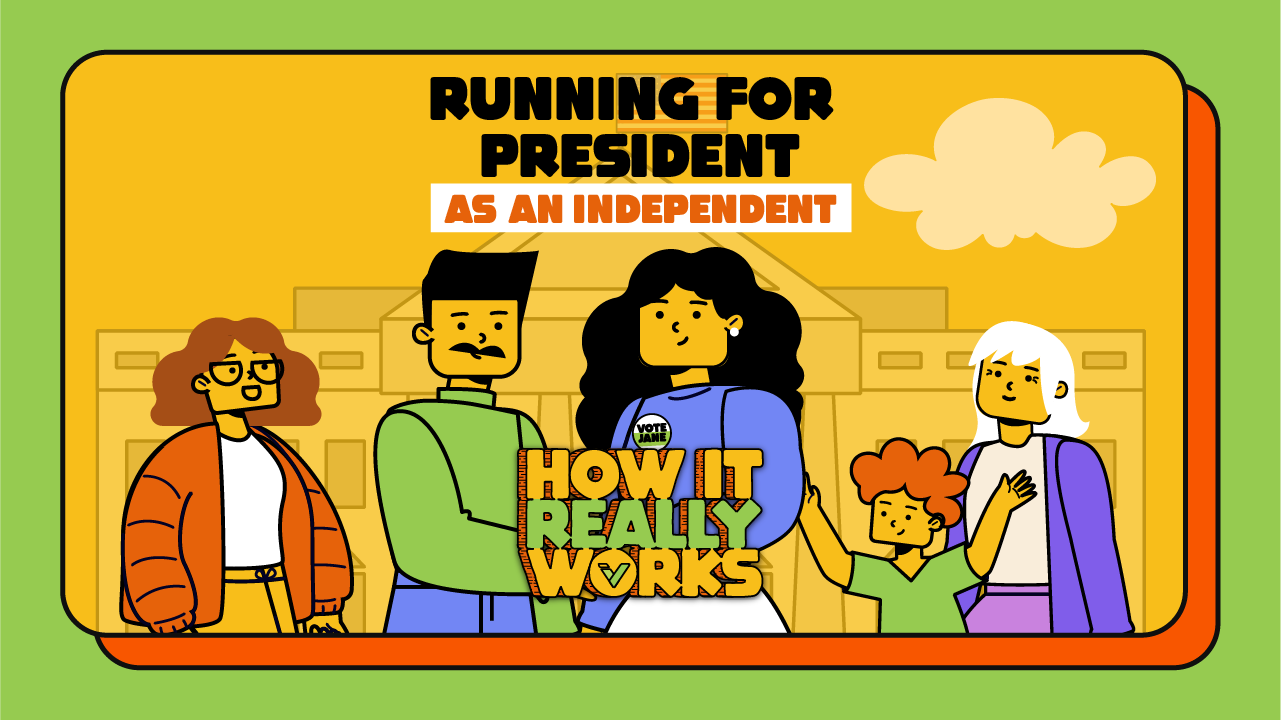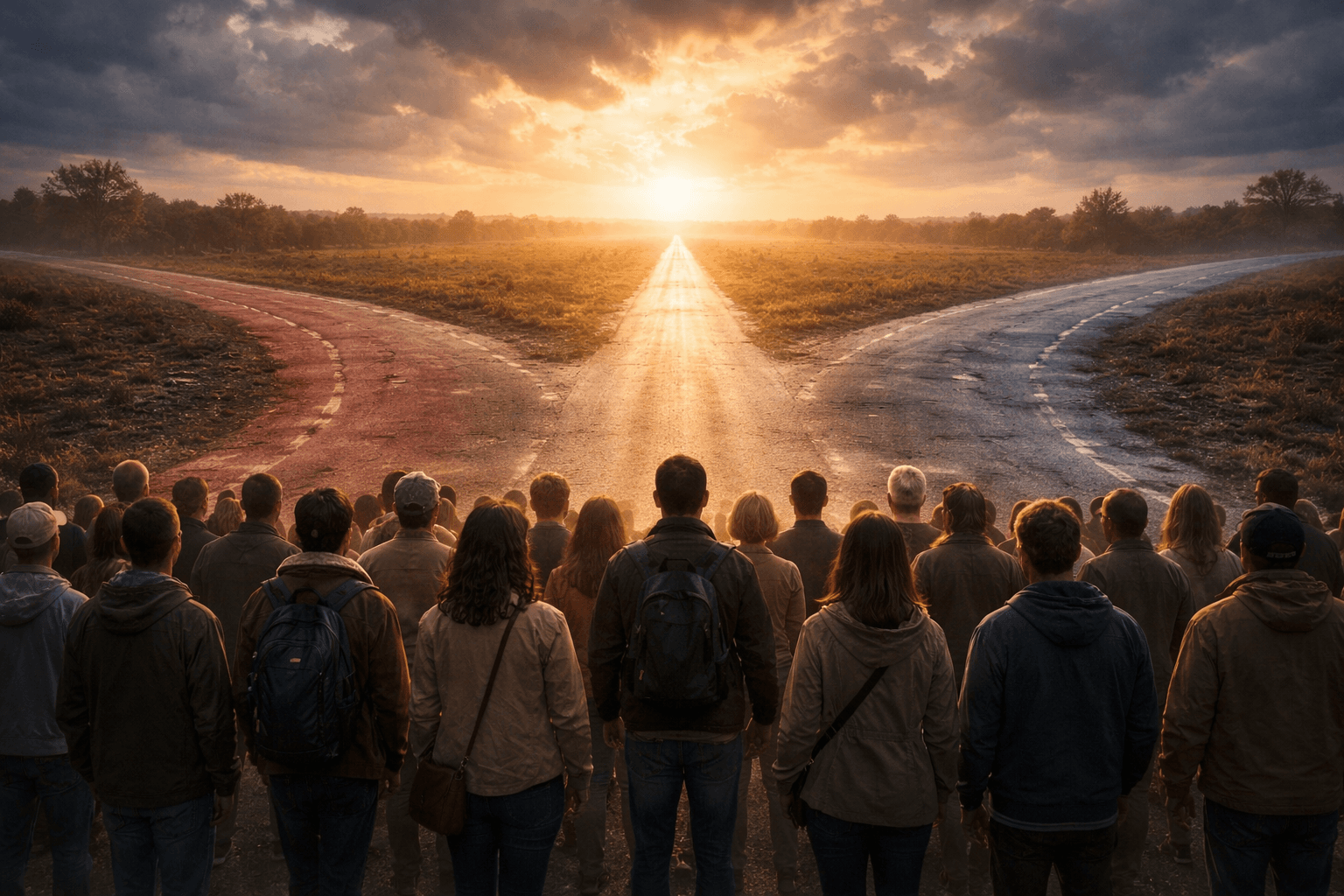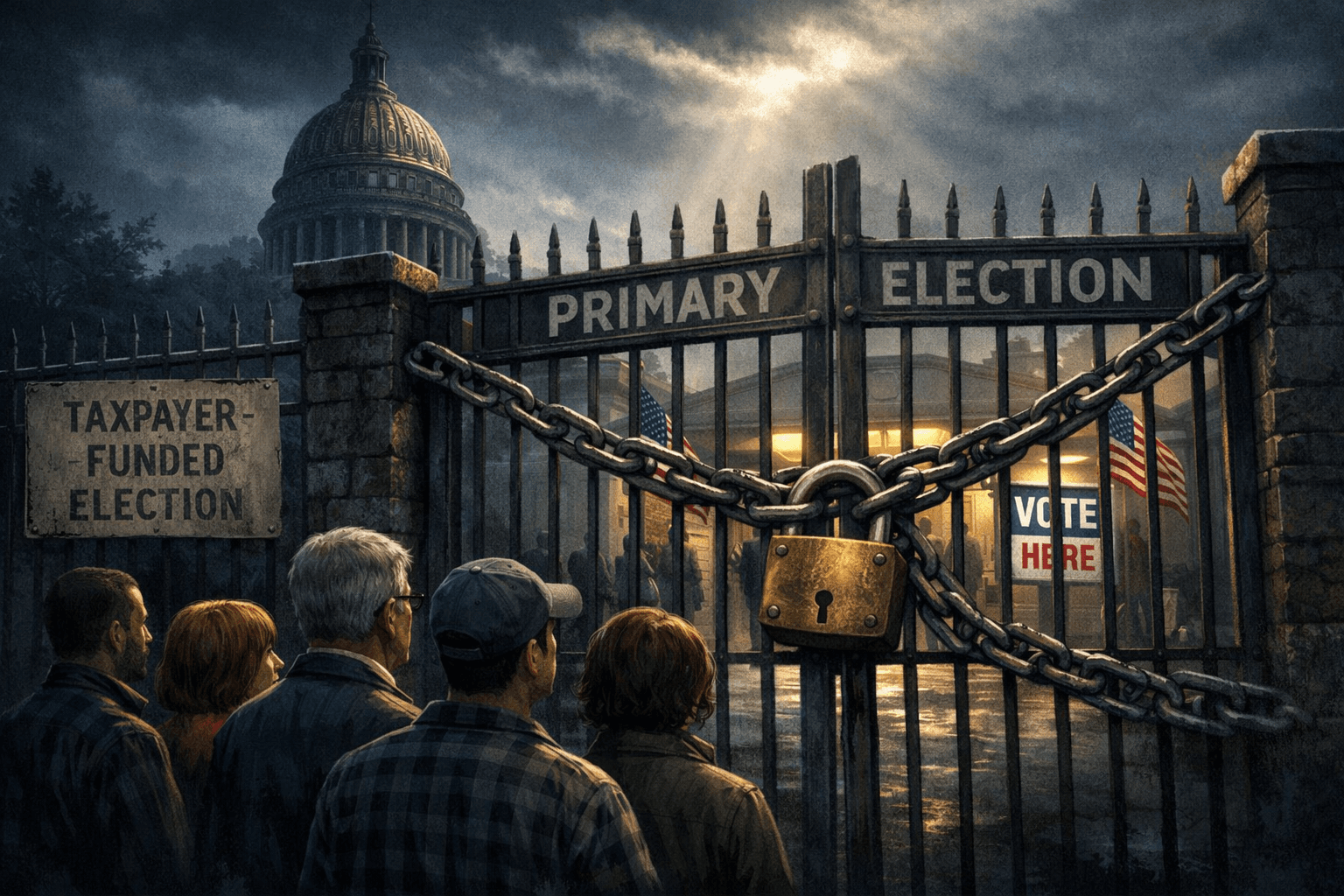After Decades of Rigged Primaries, Could 2028 Be a True Free-For-All?

Former presidential candidate and Forward Party Founder Andrew Yang published a conversation on his podcast with political commentator Ross Barkan, who along with being an author also worked with NYC mayoral candidate Zohran Mamdani. In fact, Barkan literally wrote the book on one of Zohran’s opponents, Andrew Cuomo, which is slated for re-release this year.
Yang and Barkan discuss the 2028 presidential cycle, and while it is still way too early to know with absolute certainty who will run, Barkan says the one thing that can be said is this time around there are no kingmakers in the Democratic Party. There will be no Clintons, no Bidens, and the Obamas will all but certainly be out of the picture.
Barkan believes the 2028 field “will be the most wide-open Democratic primary since at least 2008.” If, of course, the party learns from its mistakes. Former President Barack Obama beat out stronger institutional names in 2008, including Hillary Clinton and Joe Biden, to get the nomination and then won the general elections in 2008 and 2012.

But from 2016 to 2024, the Democratic Party decided to put its thumb on the scale in favor of institutional figures. The party gave Hillary Clinton control of the party before a single primary vote was cast in the 2016 cycle. Biden loomed over the 2020 field as the clear institutional choice and the race was considered over by Super Tuesday.
Then, in 2024, there wasn’t a primary. Many states held elections, but the DNC refused to host debates for challengers to Biden, put these challengers on the ballot, and told some voters outright that their votes were meaningless. When Biden dropped out of the race, his vice president, Kamala Harris, was handpicked to take his place at the top of the ticket.
“For the first time in – what will be – 20 years, there are no institutional powerbrokers who can really decide the direction of this primary,” Barkan said.
The question that lingers is, will the party get out of its own way and allow for a truly democratic process to take place where voters can decide for themselves who should be on the presidential ticket? This is a question that also extends to the Republican Party as Trump and/or his family could try to assume the role of “kingmaker.”
The presidential nomination process has never really been about democracy as both major parties have a history of changing the rules to benefit the candidate they want to win or to prevent a candidate with strong grassroots support from usurping the spotlight from an institutional favorite.
That said, voters have shown a strong appetite in the last decade for a process in which voters have a stronger say in the outcome. Since 2016, public opinion polls have shown that voters have been stuck with extremely unpopular candidates because ultimately the rules are controlled by two private political corporations.
And as a result, half of voters cast a ballot with a “lesser-of-two-evils” mindset. So, while Yang and Barkan discuss the many variables at play as voters look ahead to upcoming elections, one thing that cannot be overlooked is the reason the country is where it is today is because of an election system that suppresses choice and competition.
And that needs to change. Check out the full conversation between Yang and Barkan above.
 Shawn Griffiths
Shawn Griffiths





